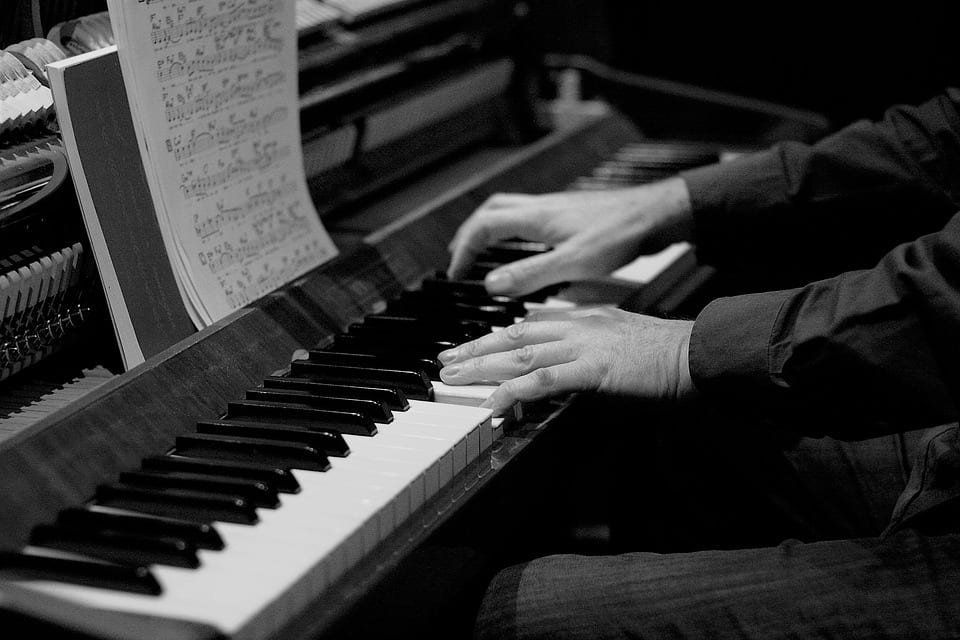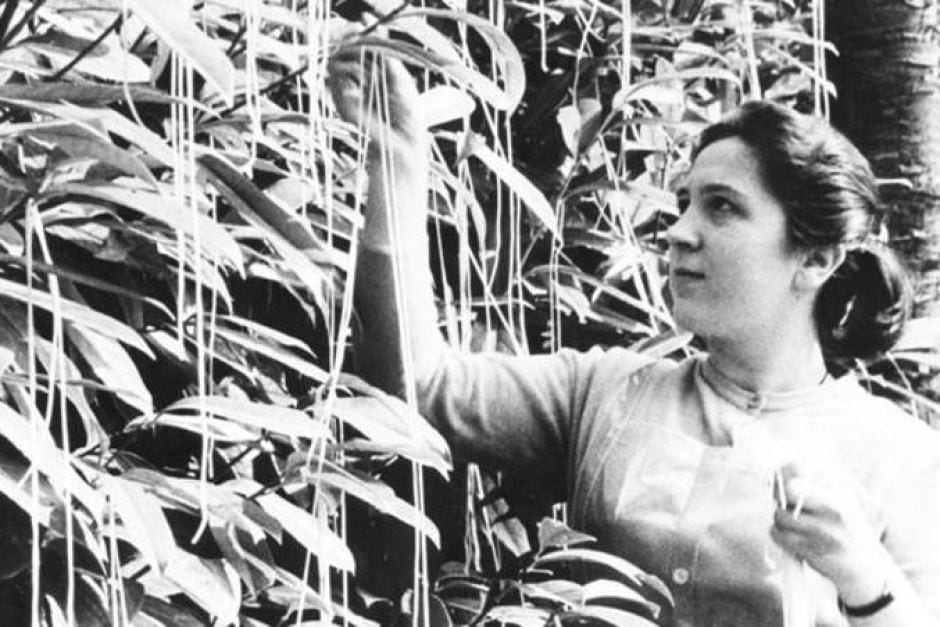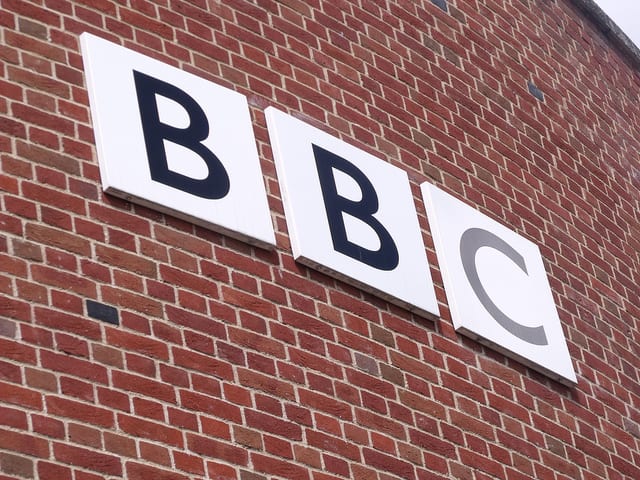Trending Now
The BBC, also known as the British Broadcasting Corporation, has been around since 1922. For a long time now the network has produced TV programs for a wide audience in the UK, many of which have been enjoyed in the U.S. as well.
Shows like Doctor Who, The Office, Sherlock, and more have been huge hits on both sides of the Atlantic. However, throughout its long history, the BBC has also done some very strange things that people have never forgotten about.
Here are 4 of those bizarre instances that ended up confusing the hell out of viewers.
#1. “No news today.”
The first one goes all the way back to April 18, 1930. On that day, viewers tuned in to get their nightly news broadcast and instead heard these words: “Good evening. There is no news today.” After that unusual announcement, piano music was played for the duration of the 15-minute news slot.

Photo Credit: Pixabay
Here’s why that weirdness happened. The Home Office, part of the UK government, was determined to deny the details of a newspaper interview and representatives contacted the BBC to make sure denial was in their newscast on April 18th, which also happened to be Good Friday. The Home Office was aware that no newspapers would be published over the holiday weekend so they needed the BBC to issue the denial Friday evening. But for some reason, the story dried up, and the BBC decided there was simply nothing newsworthy to report that night.
Wouldn’t it be a relief to hear “There is no news today” these days?
#2. April Fool’s.
On April 1, 1957, the BBC decided to play an April Fool’s joke on their audience. That day, on the network’s current events show, Panorama, a segment was aired that showed a family in Switzerland harvesting spaghetti from their “spaghetti tree.” The segment also told viewers that that year’s crop was very successful because of a mild winter and the “virtual disappearance of the spaghetti weevil”. Well-known broadcaster Richard Dimbleby provided the narration, giving the segment an element of believability.
Spaghetti was not common in the United Kingdom at the time, so hundreds of viewers called the BBC to ask for advice on how they could grow their own spaghetti trees. The BBC told callers to “place a sprig of spaghetti in a tin of tomato sauce and hope for the best”.

Photo Credit: BBC
#3. April Fool’s part 2.
Fast forward to 1976, and the BBC decided to pull another April Fool’s Joke. On April 1 of that year, the BBC announced an extremely rare, once in a lifetime opportunity. Patrick Moore was a recognizable amate*r astronomer who regularly appeared on television and radio. That day, Moore told radio listeners that Pluto would pass by Jupiter at exactly 9:47 a.m., and that the powerful pull of both planets’ gravitational forces would decrease gravity on Earth. Moore went on to say that if people jumped into the air at exactly that time, they would feel like they were floating. He called it the Jovian–Plutonian gravitational effect.
Even though it was meant to be a hoax, the BBC received hundreds of phone calls after 9:47 that morning from people claiming that they had jumped and felt like they were floating. One woman even claimed that her and 11 of her friends “wafted from their chairs and orbited gently around the room”.

Photo Credit: Public Domain
#4. Halloween
A more recent occurrence was the airing of a BBC show called Ghostwatch on Halloween in 1992. The show was a mockumentary that was meant to scare the hell out of the viewing audience, and it worked brilliantly. Ghostwatch told the story of a family in England that was being terrorized by a poltergeist. Four BBC presenters who were familiar to the audience reported throughout the 90-minute program to intensify the scariness factor.
As a result, millions of people thought Ghostwatch was a real documentary. Some viewers legitimately believed they were witnessing proof of real ghostly activity, and all hell broke loose.

Photo Credit: BBC
The BBC was besieged with thousands of phone calls from hysterical people. A woman reportedly went into labor because she was so shocked by the show. In response to all this distress, the BBC aired a segment reminding viewers that Ghostwatch was a fictional show with actors portraying all parts. But the damage had already been done. An 18-year-old boy even committed suicide five days after Ghostwatch aired. His parents blamed the BBC show. Eighteen months after Ghostwatch aired,the British Medical Journal reported that people actually suffered post-traumatic stress disorder because of the show.
As a result of the controversy, the BBC never aired Ghostwatch again, and it wasn’t released on video and DVD until 2002.






